Essential Guidelines for German E-Commerce
Online privacy compliance is a crucial issue for businesses operating in Germany. With strict regulations governing the handling of personal data, it's essential to ensure that your company complies with the relevant laws and regulations. In this post, we'll explore the key data protection regulations in Germany and provide a checklist for compliance. We'll also introduce how our Consentmo app can assist with data protection compliance in Germany.
The Federal Data Protection Act (BDSG)
The Federal Data Protection Act (BDSG) is Germany's primary law governing data protection. It sets out specific requirements for how companies must handle personal data, including how they must inform individuals about the processing of their data and how they must provide access to that data upon request. The BDSG also includes provisions for the use of data processors, data security, and data breach notification requirements. For more information on the German compliance law, read here.
The most important points of the BDSG are:
- Personal data: The BDSG defines personal data as any information that can be used to identify an individual, such as name, address, email address, or date of birth.
- Lawful basis for processing: The BDSG requires that personal data can only be processed if there is a lawful basis for doing so. This includes obtaining explicit consent from the individual, fulfilling a contract with the individual, or complying with a legal obligation.
- Data subject rights: The BDSG grants individuals a number of rights with regard to their personal data, including the right to access their data, the right to have it corrected or deleted, and the right to object to its processing.
- Data protection officer: Companies that process personal data on a large scale must appoint a data protection officer (DPO) to secure compliance with data protection regulations.
- Data security: The BDSG requires that appropriate technical and organizational measures be put in place to make sure the security of personal data.
- Data breaches: Companies must notify individuals and the relevant authorities in the event of a data breach that is likely to result in a risk to their rights and freedoms.
- International transfers: The BDSG restricts the transfer of personal data to countries outside the European Union unless certain conditions are met, such as the existence of an adequacy decision or the use of appropriate safeguards.
The Telemedia Act (TMG)
The Telemedia Act (TMG) is another key law governing online privacy in Germany. It regulates electronic media, including websites and online services, and requires companies to provide certain information to users, such as their contact details and information about how they handle data. The TMG also includes provisions for the use of cookies and other tracking technologies, as well as rules for the use of electronic communications for advertising purposes. You can read further on the TMG here.
Key points of the TMG include:
- Service providers: The TMG applies to service providers who offer electronic media services, such as websites, apps, and online platforms.
- Impressum: The TMG requires service providers to provide an "Impressum" or an "About Us" section that includes certain information, such as the name and address of the company, contact details, and legal information.
- Privacy policy: The TMG requires service providers to provide a privacy policy that informs users about the collection, use, and processing of their personal data, as well as any third-party access to that data.
- Cookies: The TMG requires that users be informed about the use of cookies and similar technologies and that they be given the option to opt out of such tracking.
- Electronic advertising: The TMG regulates the use of electronic communications for advertising purposes and requires that users be given the option to opt out of such communications.
- Liability: The TMG sets out rules for the liability of service providers for illegal or harmful content on their platforms, as well as rules for the liability of users who post such content.
- Enforcement: The TMG is enforced by regulatory authorities, who can issue fines and other penalties for non-compliance.
BDSG Compliance Checklist
- Conduct a data protection impact assessment (DPIA) to identify and mitigate risks to personal data.
- Appoint a data protection officer (DPO) who is responsible for ensuring compliance with data protection regulations.
- Provide clear and concise privacy policies that explain what data you collect, how you use it, and how users can exercise their rights.
- Obtain explicit consent from users before collecting and using their personal data.
- Implement technical and organizational measures to ensure the security of personal data.
- Respond promptly and appropriately to any data breaches or other incidents that may compromise the security of personal data
How the Consentmo app Can Assist Data Protection in Germany
The GDPR/CCPA app can help your business comply with German data protection regulations. With features like the Cookie Bar and Preferences popup, Compliance pages, and Data Subject Request management, our app provides a comprehensive all-in-one toolkit for ensuring compliance. Additionally, our app is regularly updated to guarantee that it meets the latest data protection requirements.
Per the TMG, the Cookie Bar on your website must provide clear and concise information about the use of cookies and other tracking technologies, and allow users to either consent to or decline their use. So, the Cookie bar should include an "Accept" button, which users can click to provide explicit consent to the use of cookies, as well as a "Reject" button, which users can click to opt out of the use of cookies. It's important to note that the "Reject" button should disable all non-essential cookies while allowing essential cookies to be used. All of these settings can be configured in the Consentmo app.
Compliance with data protection regulations is essential for businesses operating in Germany. By understanding the key laws and regulations, and following a checklist for compliance, you can help protect the privacy of your users and avoid costly fines and legal action. And with our Conesentmo app, you can simplify the process of compliance and make certain that your business is always up-to-date with the latest data protection requirements.
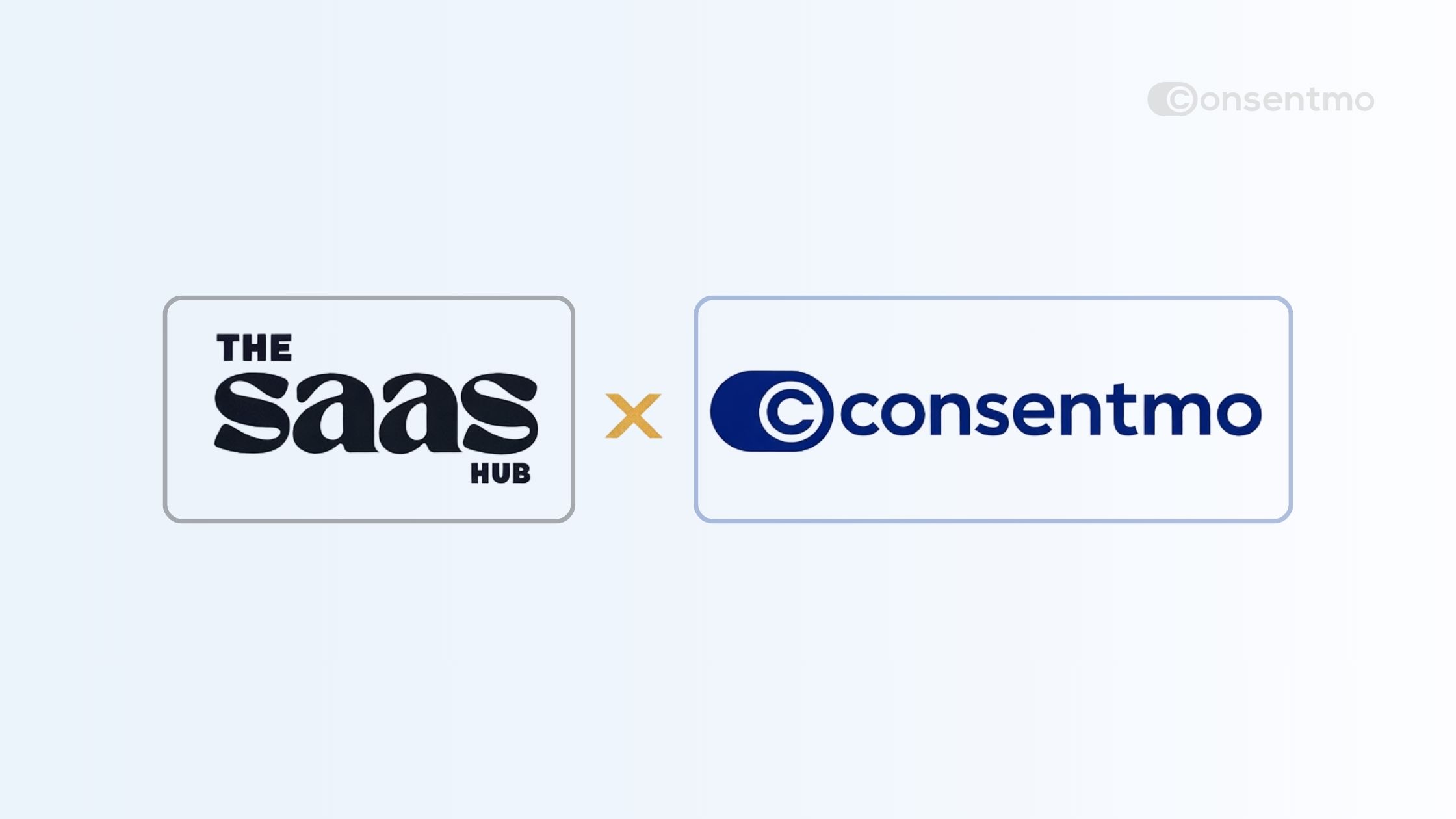
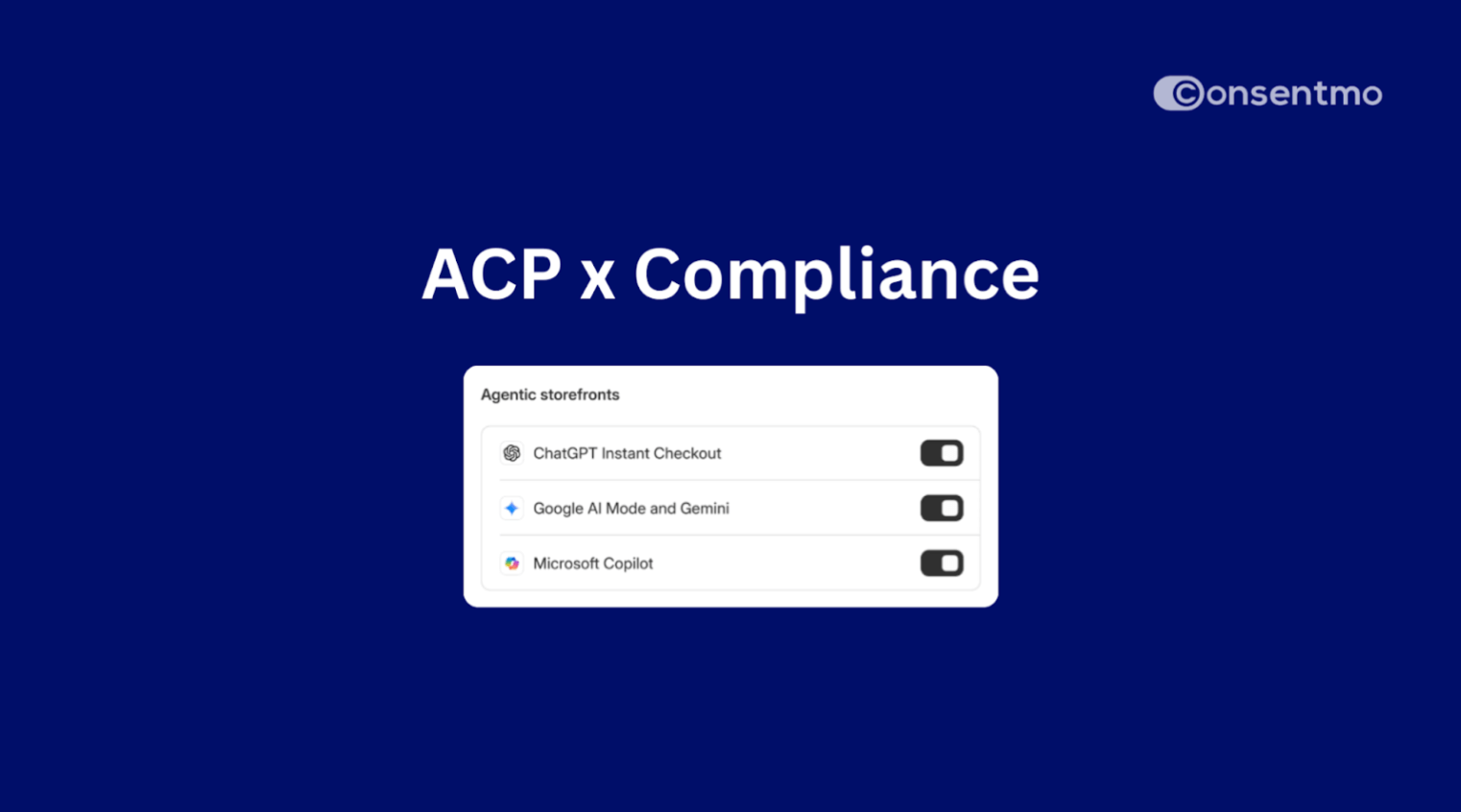


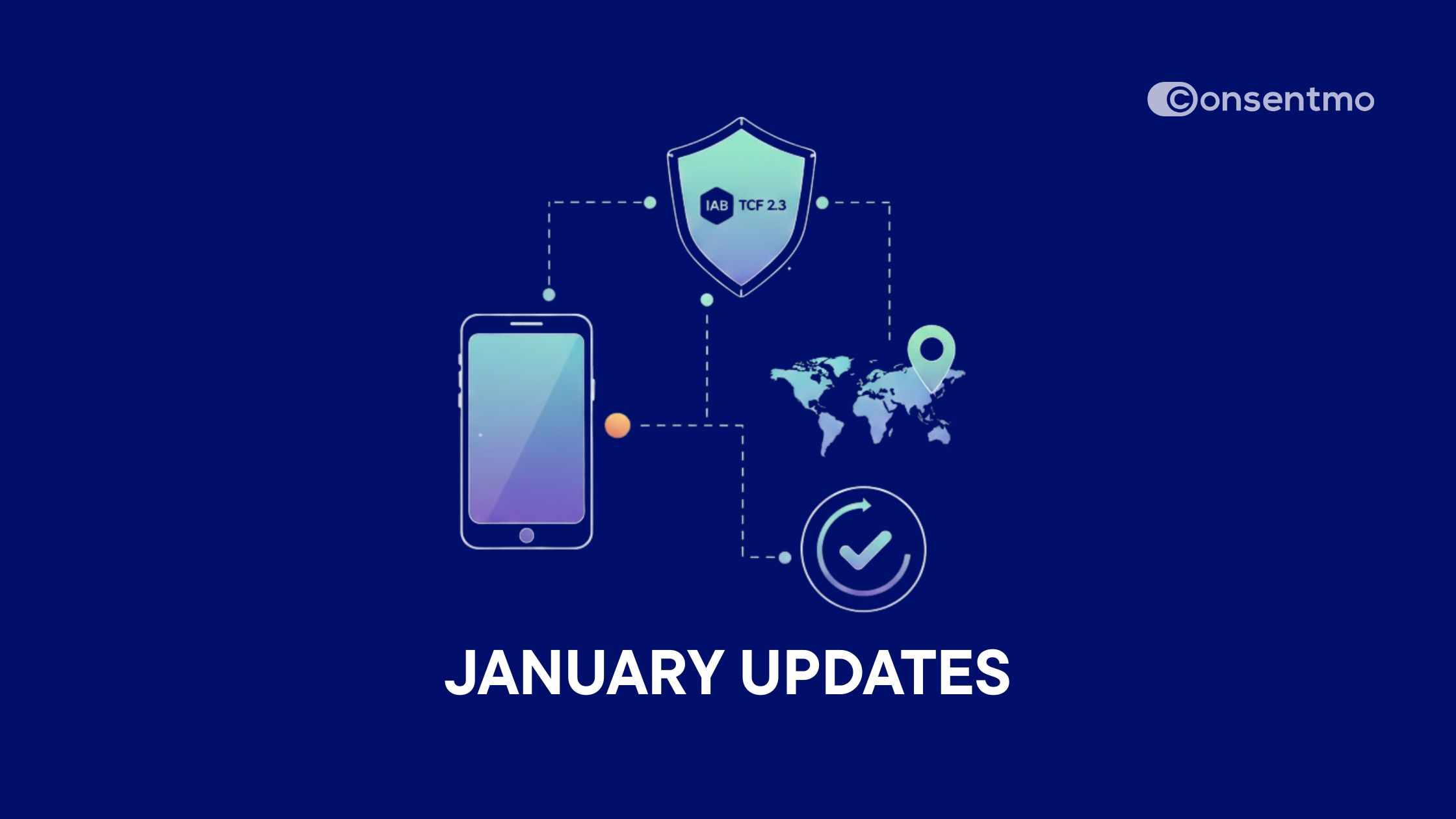

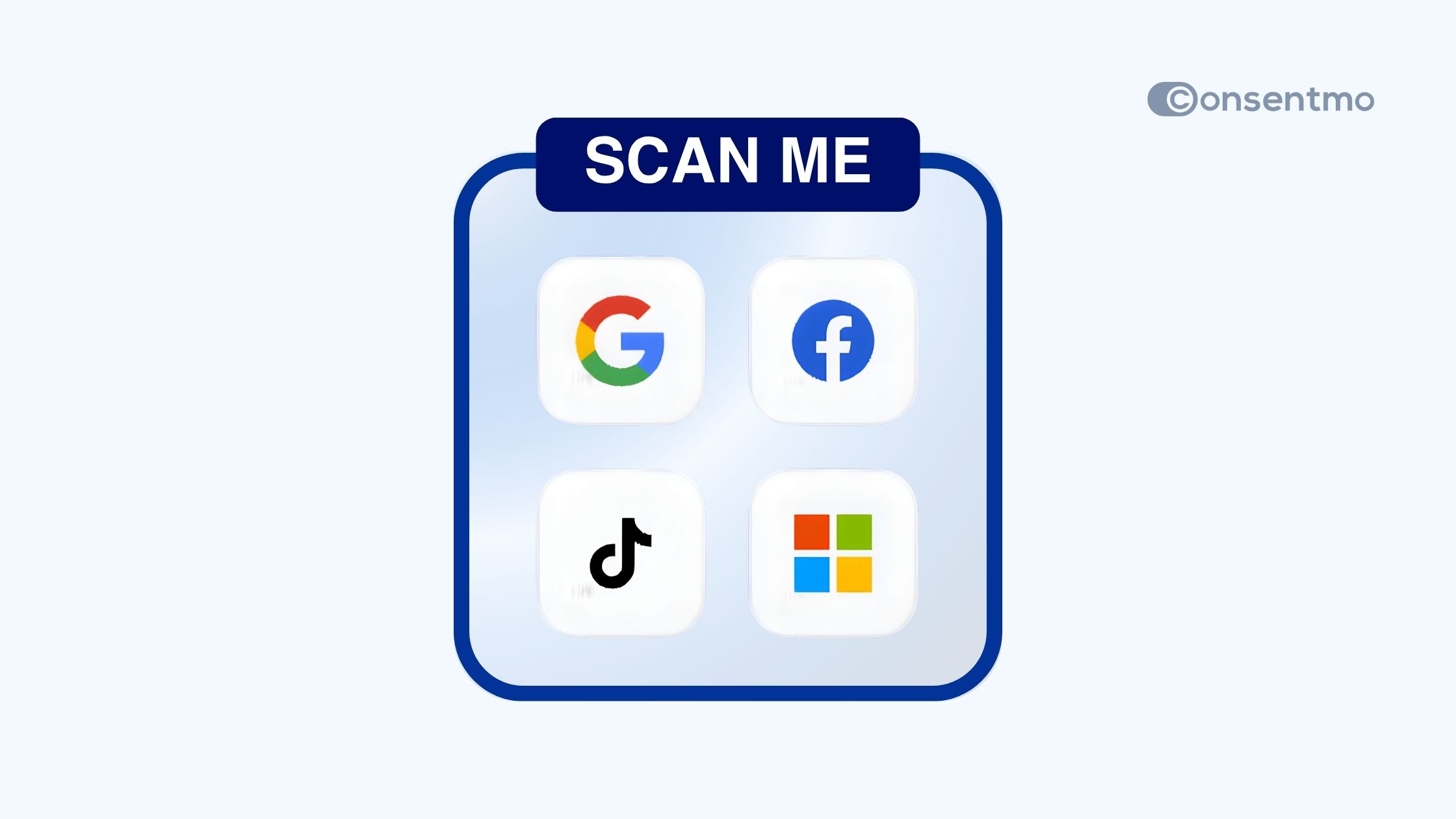
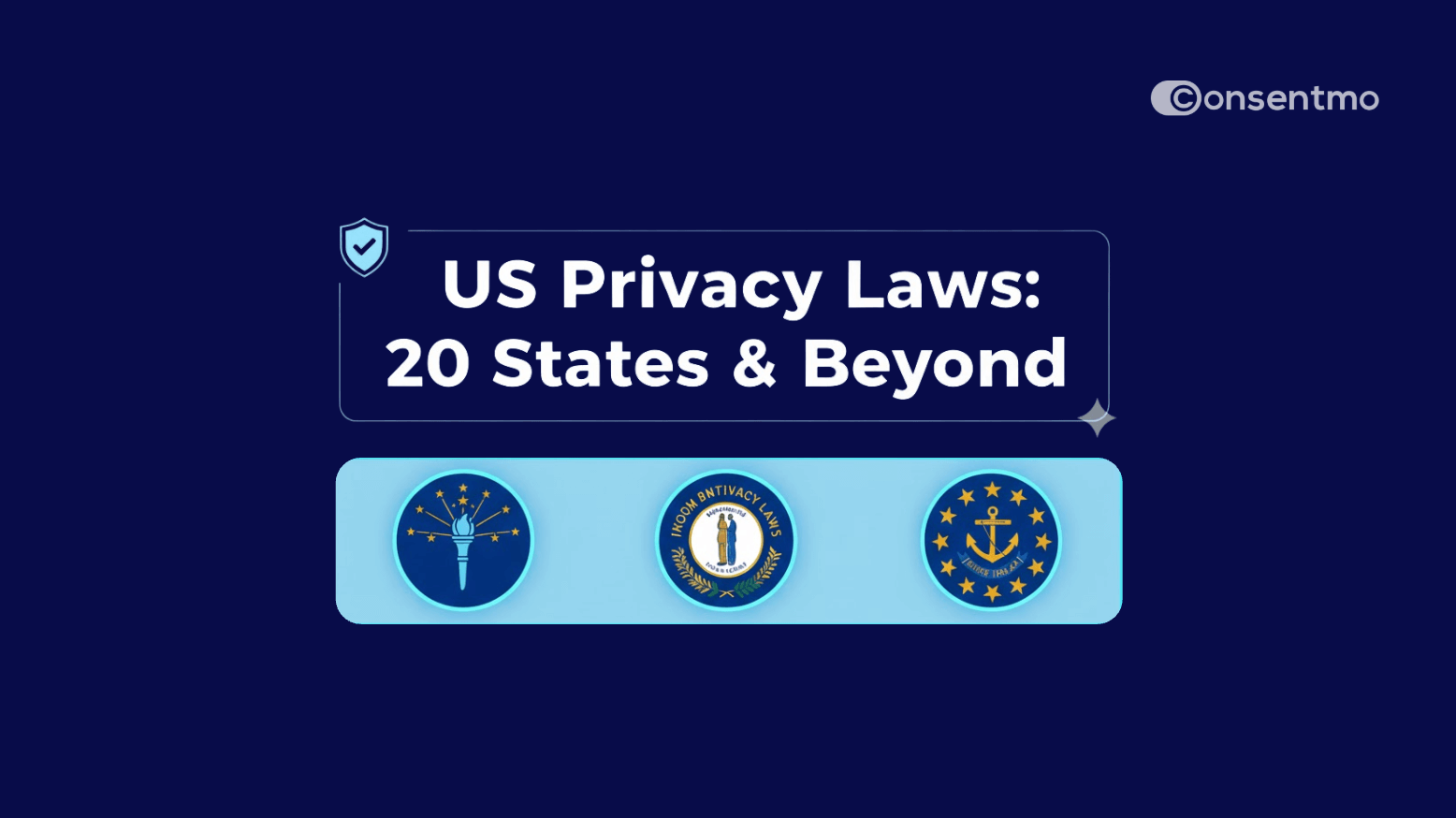
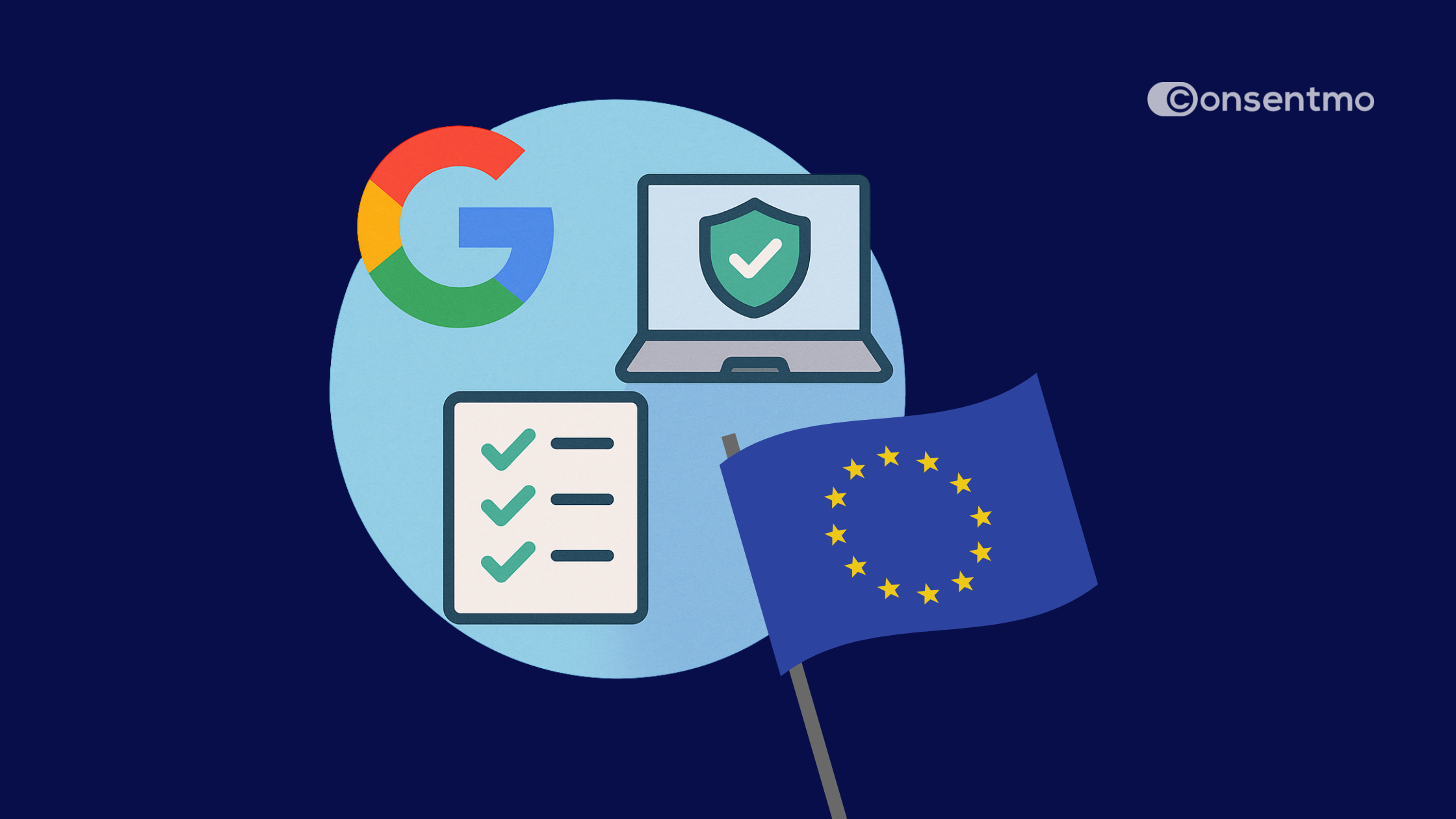

%20Bill.png)



.webp)






.webp)

.webp)




















%20-%20Copy-p-500.webp)
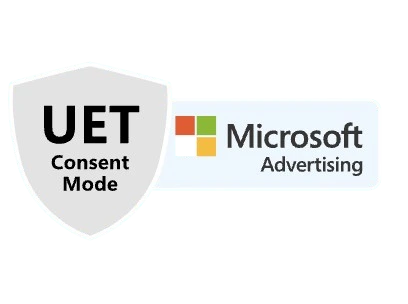
.webp)



%20-%20Copy.png)
.svg)